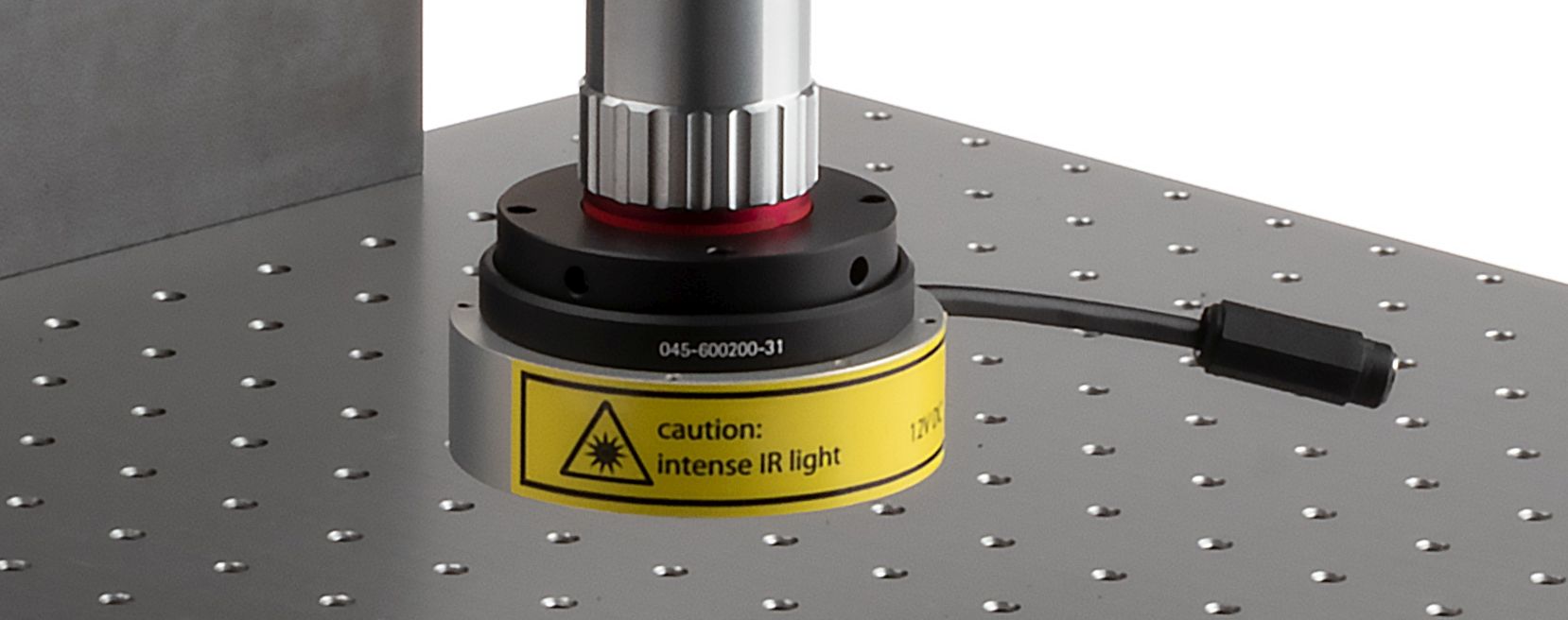
Riscure sessions overview
Lowering the Bar: Deep Learning for Side Channel Analysis
Date and location: Thursday, August 9 | 3:50pm-4:40pm | Lagoon JKL
Speaker: Jasper van Woudenberg, CTO, Riscure North America
Machine learning is a hot topic nowadays, and last year we have started to develop deep learning algorithms to apply to a specific type of a hardware attack that produces tons of data. Side Channel attacks in hardware security generally refer to extracting secrets that leak via side channels, such as the fluctuation of power consumption of a device. You can learn more about side channel and fault injection attacks, and how to conduct them using cheap off-the-shelf equipment here. Deep Learning is a perfect tool to speed up analysis of data generated while measuring a certain side channel. At BlackHat Jasper will share our experience collected while developing the second generation of Deep Learning in our Inspector software. He will discuss how Deep Learning applied to Side Channel Analysis will simplify the identification of hardware vulnerabilities in devices and help to make them more robust.
More details at the BlackHat website.
There will be Glitches: Extracting and Analyzing Automotive Firmware Efficiently
Date and location: Wednesday, August 8 | 1:30pm-2:20pm | Islander FG
Speakers: Alyssa Milburn, Niek Timmers, Marc Witteman
It’s not the question of if, it’s the question of when the hardware weaknesses in automotive hardware will be exploited to steal intellectual properties, identify potential software weaknesses and even scaling an attack. During this presentation we will demonstrate how hardware attacks like Fault Injection can be used to obtain the firmware from secure ECUs for which software vulnerabilities are absent. Once we have the firmware, we will discuss successful approaches for efficient analysis of automotive firmware. To provide a concrete example, we will demonstrate the custom emulator we wrote for one of our targets (an instrument cluster) and show that it can accurately perform dynamic analysis. Our emulator allows us to quickly understand the firmware’s functionality, extract secrets of attacker’s interest and apply fuzzing to the target’s interfaces. Finally, we explain the real-world impact of these issues, how they lead to scalable attacks, and what can be done to defend today’s cars.
More details at the BlackHat website. Check out our other two (this and this) papers that reveal additional details about our automotive security research.
Software Attacks on Hardware Wallets
Date and location: Wednesday, August 8 | 10:30am-10:55am | South Seas ABE
Speaker: Sergei Volokitin, Riscure’s security expert
Almost every security research has a question often left unanswered: what would be the financial consequence, if a discovered vulnerability is maliciously exploited? The security community almost never knows, unless a real attack takes place and the damage becomes known to the public. But now we have cryptocurrencies: a concept of digital money that is basically protected by a single private key, which, when stolen, leads to a measurable financial loss. Multiple breaches of private wallets and public currency exchange services are well-known, and to address the issue a few companies have come up with secure hardware storage devices to preserve the precious wallet access credentials at all costs.
But how secure are they? Riscure’s security researcher Sergei Volokitin looked into the Ledger Nano S – the multi-cryptocurrency hardware wallet that supports, among others, Bitcoin, Ethereum and Monero. We have partially revealed the findings in this blog post. After the presentation we will updated it with additional technical details and some extra vulnerabilities discovered in the same device.
More details at the BlackHat website.
